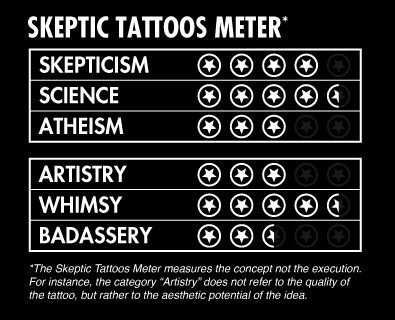
That's both an accurate description, and kind of depressing. Unfortunately, no such part is forthcoming. The book could have been really excellent with the addition of a third part, providing a compelling alternative to string theory, or at least making a strong case for some alternative theory.

Those two parts are pretty good, as far as they go. His basic case is laid out very clearly and compellingly, and without the petty sniping that often plagues the blog, and if you'd like a concise summary of the problems with the string theory enterprise, this is a good place to find it. If you read Peter's blog, you pretty much know what you're going to get: string theory makes no predictions, it's not even a theory, string theorists have an unhealthy dominance over the field of particle physics, etc. The polemical part is an easier read, though bits of higher math crop up there, too. I'm just not sure how many people like that there are who will want to read the book. I'm not sure a lay reader would have any chance of getting through it, though for someone with at least a minimal knowledge of the state of things, it's a nice sumamry of the history of particle theory.

And it only gets worse when string theory enters the picture. Whereas the energy scale of the electroweak symmetry breaking is about 250 GeV, the SU(5) symmetry breaking had to be at the astronomically high scale of 10 15 GeV.Īll those terms are defined in the text, but even with that, it can be heavy going to get through some of the historical sections. Another set of Higgs particles was required to do this, introducing a new set of underdetermined parameters into the theory.

The vacuum state now needed to break not just the electroweak symmetry but much of the rest of the SU(5) symmetry. The SU(5) GUT also had nothing to say about the Higgs particle or the machansim for vacuum symmetry breaking, and in fact, it made this problem much worse. While Woit makes the admirable decision to avoid peppering the text with equations, he's unable to avoid quite a bit of mathematical jargon: The history of particle theory is very concise, but sort of difficult to follow if you don't have at least a vague idea of what the Standard Model is going in. The problem with the book is that it's not terribly clear who it's written for. They take up roughly equal amounts of text, but the first part requires more effort to read, and the second part will sell more books. The second part is the polemical stuff that you read on the blog. There are basically two parts to this book: the first is a fairly breezy history of particle physics from the early days of quantum theory up to the present.

I don't have a great deal to say about the book that other people haven't said already. Peter has collected a bunch of links in various posts. Of course, I'm coming to the game kind of late, as lots of other high-profile physics bloggers have already posted their reviews, and various magazine reviews have been out for months. I got review copies of both, but Not Even Wrong arrived first (thanks, Peter), and gets to be the first one reviewed. The two most talked-about books in physics this year are probably a pair of anti-sting-theory books, Lee Smolin's The Trouble With Physics, and Peter Woit's Not Even Wrong, which shares a name with Jacques Distler's favorite weblog.


 0 kommentar(er)
0 kommentar(er)
